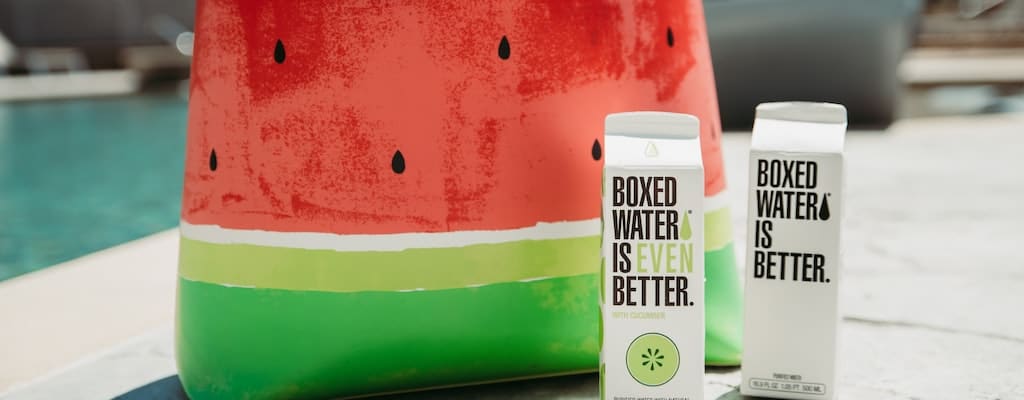Dutch courage: Idiom Meaning and Origin
What does ‘Dutch courage’ mean?
The idiom "Dutch courage" refers to the temporary bravery or confidence one feels after consuming alcohol.

Idiom Explorer
The idiom "liquid courage" refers to the confidence or bravery that a person gains from consuming alcohol. It implies that alcohol can temporarily boost one's confidence or help them overcome fear or inhibitions.
The idiom "in one's cups" refers to being drunk or intoxicated. It implies that someone has consumed so much alcohol that they are influenced or affected by it. The phrase is often used to describe someone who is behaving differently or experiencing the effects of excessive drinking.
The idiom "in Dutch" means to be in trouble or in a difficult situation. It originated from the stereotype that the Dutch language is difficult to understand, so being "in Dutch" implies being in a perplexing or problematic state.
The idiom *hold one's liquor* means to be able to consume alcohol in large quantities without becoming drunk or losing control.
The idiom "hold one's drink" means to have the ability to consume alcohol without the negative effects of becoming drunk or losing control. It implies someone's tolerance for alcohol and is often used to describe someone who can handle a large amount of alcohol without getting intoxicated.
The idiom "hold one's alcohol" means to be able to drink without becoming intoxicated or showing the effects of alcohol excessively. It implies having a high tolerance for alcohol.
The idiom "have a pair" means to possess courage or bravery to face a challenging or difficult situation.
The idiom "hair of the dog" refers to consuming a small amount of alcohol to relieve a hangover, based on the belief that a small amount of what caused the hangover can help alleviate the symptoms.
Mysterious Dutch Resilience
Dutch courage is an idiom that originally originated in English. It refers to summoning up false courage or bravado in the face of a difficult or dangerous situation. It's often used to describe someone who relies on alcohol or intoxication to temporarily suppress their fear or insecurities. The idiom has a historical association with the English perception of Dutch sailors, but it does not actually reflect the Dutch culture or people.
The origin of the idiom "Dutch courage" can be traced back to the early 19th century when conflicts between the British Royal Navy and the Dutch Navy were frequent. English sailors noticed that Dutch sailors would consume large quantities of jenever, a type of gin, before battle. This led to the belief that their perceived bravery was due to their consumption of strong spirits. Over time, the term "Dutch courage" came to be associated with the idea of artificially summoning courage through alcohol consumption.
In contemporary usage, "Dutch courage" has expanded beyond its original association with alcohol-induced bravery. It is now often used metaphorically to describe individuals who resort to various forms of self-medication or external crutches to face challenging situations. Although alcohol is still commonly associated with Dutch courage, the idiom can include other substances or behaviors that give a temporary boost in confidence. It highlights the human inclination to seek quick fixes or temporary escapes, even if those solutions may be illusory or potentially harmful.
Dutch courage is particularly relevant when considering societal pressure or personal insecurities. It underscores our fragility and the complex relationship between courage and vulnerability. We often look for temporary solutions or escapes when faced with difficult situations, mirroring the concept of Dutch courage. The idiom serves as a reminder of our human nature and our tendency to rely on external crutches to temporarily overcome fear or insecurity.
It is important to note that "Dutch courage" does not reflect any inherent characteristic of the Dutch people or their culture. The idiom is a product of historical stereotypes rather than an accurate representation of the bravery or habits of the Dutch population.
Despite its historical association with Dutch sailors and alcohol-induced bravery, the idiom "Dutch courage" has evolved to encompass various forms of artificial courage or bravado. It extends beyond mere alcohol consumption and highlights the complex nature of courage. The enduring impact of historical stereotypes is seen in the continued usage of this idiom in contemporary language.
The idiom "liquid courage" is closely related to Dutch courage. It refers to the use of alcohol as a means to gain confidence or courage in social situations. Similar to Dutch courage, "liquid courage" implies that the individual relies on alcohol to overcome their fear or insecurities temporarily.
Another related idiom is "beer muscles". It describes the increase in physical strength or confidence that people may experience after consuming alcohol. This idiom reflects the idea that alcohol can provide a temporary boost in courage or bravery.
The idiom "courage of one's convictions" is also related to Dutch courage. It refers to the ability to stand up for one's beliefs or principles, even in the face of adversity or criticism. While Dutch courage is often associated with temporary bravery, the "courage of one's convictions" implies a more steadfast and deeply rooted form of courage.
The idiom "Dunkirk spirit" is another idiom related to Dutch courage. It originated from the evacuation of Allied troops from the beaches of Dunkirk during World War II. The idiom refers to the collective bravery, resilience, and determination displayed by the British people during this difficult time. While Dutch courage focuses on individual acts of bravery or bravery through external means, the "Dunkirk spirit" emphasizes the strength and courage of a collective group.
Lastly, the idiom "grow some balls" is loosely related to Dutch courage, although it takes on a more gendered connotation. It describes a call to become braver or more courageous. While "grow some balls" refers to a specific physical characteristic, it is used metaphorically to encourage individuals, regardless of gender, to find their inner strength and face challenging situations with bravery.
Example usage
Examples of how the idiom *Dutch courage* can be used in a sentence:
1. He needed a shot of whiskey to give him some Dutch courage before giving his presentation.
2. She always drinks a glass of wine to get some Dutch courage before talking to her crush.
3. The actor had a few drinks to build up his Dutch courage before going on stage.
More "Alcohol" idioms



